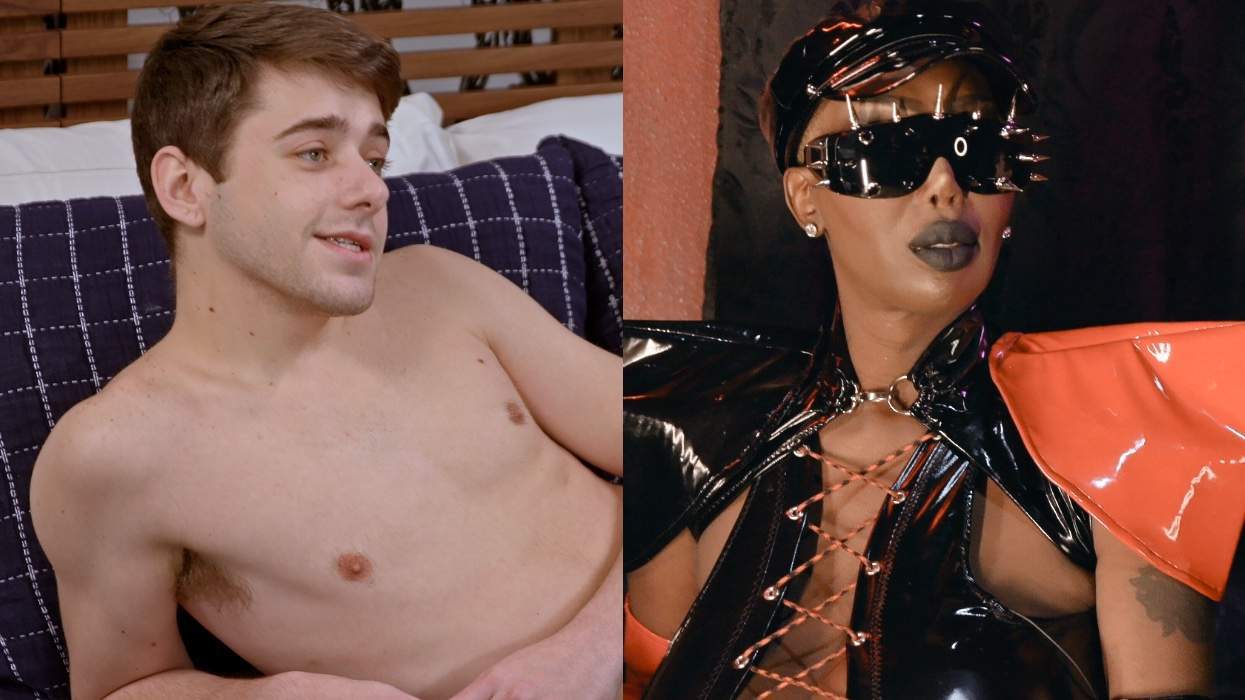A Black Lady Sketch Show is the most refreshing comedy series of the year, and if you didn't know, now you know. Imagine if Saturday Night Live was produced by and for Black women and the result is something groundbreaking, inclusive, and best of all, absolutely hilarious.
At HBO's Our Stories to Tell event in Los Angeles (part of a larger multi-faceted initiative created by HBO to engage with and service diverse and multicultural audiences through cultural programming and relatable storytelling), PRIDE sat down with the creator, star, and writer of the show, Robin Thede, writer and star, Ashley Nicole Black, star Quinta Brunson, head writer Lauren Ashley Smith, and writer Akilah Green to chat about the power of representation in front of and behind the screen, and the transformative act of seeing yourself reflected.
Several of the show's sketches include explicit LGBTQ+ storylines or very queer sentiments; the stars often don full-beard drag to play men. But what's startling about the queer characters is that every single one is handled with so much love and care.
In episode two, RuPaul's Drag Race winner Bob the Drag Queen hosts the Basic Ball, a ball "for the rest of the LGBT cuties," where the categories are Clinical Depression and Just Awkward in the Body. The sketch is an obvious parody of FX's Emmy-nominated show Pose, and the collision of these queer Black and Brown spaces with jokes about the receipt lady who will not take store credit and the barbecue dad who "didn't start the grill until everybody showed up and now you won't be eating until night time" almost knocks you over with laughter and nostalgia. Pose creator Steven Canals even reached out to the show with his love and affection for the sketch. "It just meant the world to us," Thede smiled.
It's clear that the jokes come from a place of love and respect because LGBTQ+ people are a part of the show's foundation.
"For me, as a queer person, it's a no brainer," said Smith who, with ABLSS, is the first Black woman to be the head writer of a sketch television show. "So much of the show is about making people and showcasing Black people and Black women in a way that people don't see, and that's just as people at the center of a story. We want to show all shades of that experience, there's not just one Black person. Some of us are queer, some of us are not. It's about really folding in as many types of experiences that feel authentic to us."
Even within LGBTQ+ representation, Black points out that there are still so many unexplored shades of that experience.
"As a writer, I feel like I am someone who's not supposed to be in that Hollywood comedy writer space. So I'm looking around like, 'What is missing from this space. As long as I'm here, what can I add?' The Basic Ball just came from looking at the landscape of LGBTQ+ representation on television and while there is more, which is great, everybody is so hot. If you're going to be gay on TV, you have to be so thin and so hot." She laughs, "I know basic gays exist, gays out here who are just trying to get their kids to preschool on time. Where is there representation for that? That's where the Basic Ball came from, just celebrating all different kinds of LGBTQ+, not just the super hot super thin version."
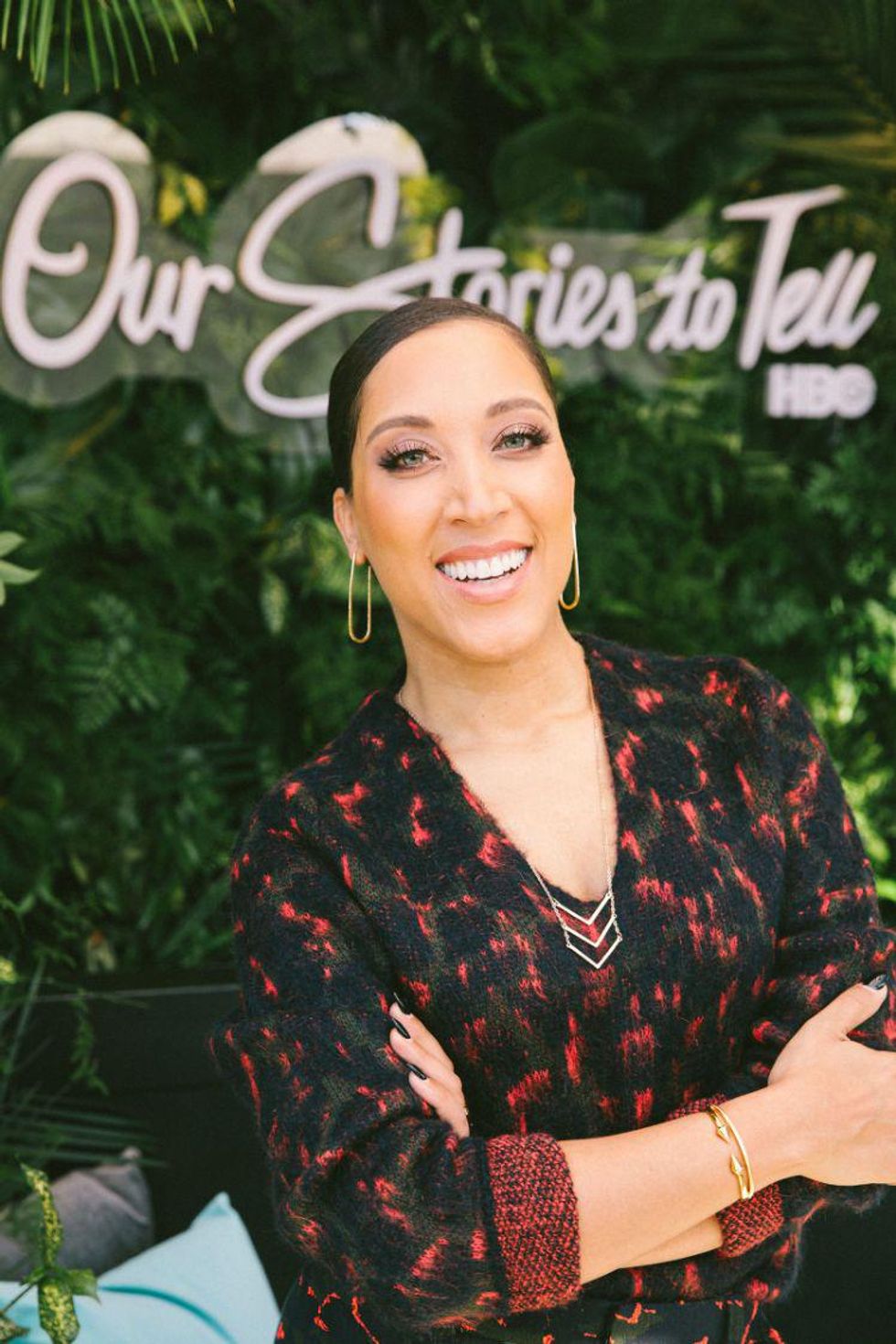
A Black Lady Sketch Show has been queer-inclusive from its inception. "When we were first talking about what the show was going to be, it was important to have writers from all different backgrounds," said Thede. "That just happened to include LGBTQ+ but it also included former strippers, and that also included people that went to Princeton, and that happens to be the same person. We wanted to have a variety because we're not a monolith. We always preach that as a community, but we don't always align ourselves with that. Sometimes we like to see the same Black stories over and over and over. We're even guilty of that. So for us, it was important to show the variety."
Even when it comes to acting choices, Brunson acknowledges the LGBTQ+ fans who have lifted her up over the course of her career. "A lot of the people who helped me get to where I am are queer people of color. It is important for me to showcase queer people of color. I really want queer representation because if not, it's really not an accurate reflection of Black culture right now."
One of the reasons the show feels so inclusive is because it refuses to make othered identities the butt of a joke. "Punching down isn't funny to us," says Thede. "Anything that would hold someone back in society or has been a burden in some way, I would never make fun of that. That happens to us all the time in comedy, Black people are always the butt of the joke. We just wanted to do the complete opposite."
It was vital for Thede "to treat LGBTQ+ as a part of normalcy. Whenever someone is LGBTQ+ or is older or is of a different physical size, just because they happen to be that, the sketch isn't about that. We don't make any of those things that are othered, we don't make any of that the butt of any jokes or the reason for the comedy, they just happen to be. That was really critical for us. Everybody can be a part of an alien stealing dance moves just as much as they can a Basic Ball."
Black emphasizes that all of us are human, and we all simply want to be respected. "As an actor when you get these scripts sometimes, you're Blackness, your gayness, your body type is used as a plot device in this story and not as an expression of humanity. So a lot of times you read a character's description and it'll just be like, 'Kevin: gay' or 'Carol: fat, doesn't take care of herself.'"
Sadly, one-note characters are common in today's movies and television, with marginalized communities bearing the brunt of the stereotypes. "A human being is going to read this. And A.) you're telling them they are nothing more than a device for your story. But also, B.) what have you given them to play? I can't play gay. If we're in a grocery store, how do I grocery shop gay-ly, you know what I mean? I can play in a hurry, I can play tired, I can play excited and happy, but just physical descriptions of people are not playable as an actor. I'm going to be fat when I show up no matter what you wrote on the page. So there's no need to tell me to act fat, I need to know how I'm feeling, what I'm doing, what my moment before was. When it comes to people who are underrepresented, we forget to give actors that information because we're so stuck on the body types, which are not useful."
"Good writing just does that. When you care about the characters you're writing, you give them interesting things to do and play. You don't just write sassy. You write, had a bad morning, is in a fight with her husband, and is now at work trying to figure out how to work with this thing on her back. That's interesting and playable. But when you get distracted by stereotypes, you just end up writing down the word sassy and moving on. That's not great writing."
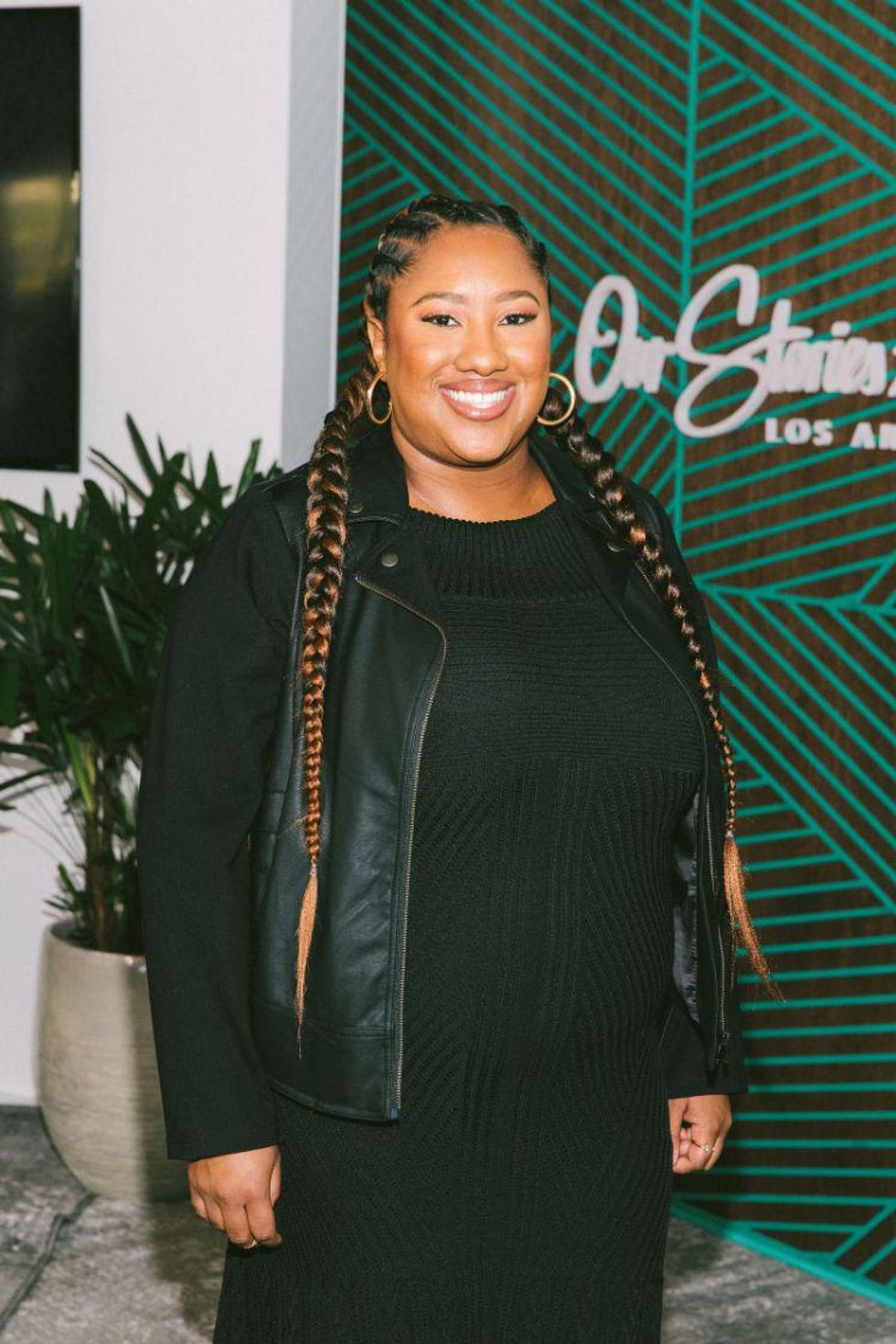
A Black Lady Sketch Show is reshaping the box Black women are so often placed in. "Being a lover a sketch comedy, I'd watch stuff like Tim & Eric, Kroll Show, and Human Giant, but those are all white men. Don't get me wrong, these are my favorite shows," says Brunson. "To see us get here, be silly, make fun out of the box choices, I think that's something that needs to settle on people's souls so they can see how rare it is. As Black women, it's really revolutionary. Know that were making an important stride for whatever comes next."
Thede says she made this show for Black women so they know "they can do anything. They see themselves for the first time authentically on a sketch comedy show, that they're not in the backseat, they're in the front seat. They're driving it."
Part of making strides toward the future comes from honoring the legends of our past. Guest appearances by Angela Bassett, Patti LaBelle, Tia Mowry-Hardrict, Gina Torres, Yvette Nicole Brown and more are sprinkled throughout the first season's six episodes.
"I love what a love letter our show has been to all these icons and Black women we've been watching for so long," says Green. "We love and honor and respect them and wanted to play to them, as opposed to them being a punchline."
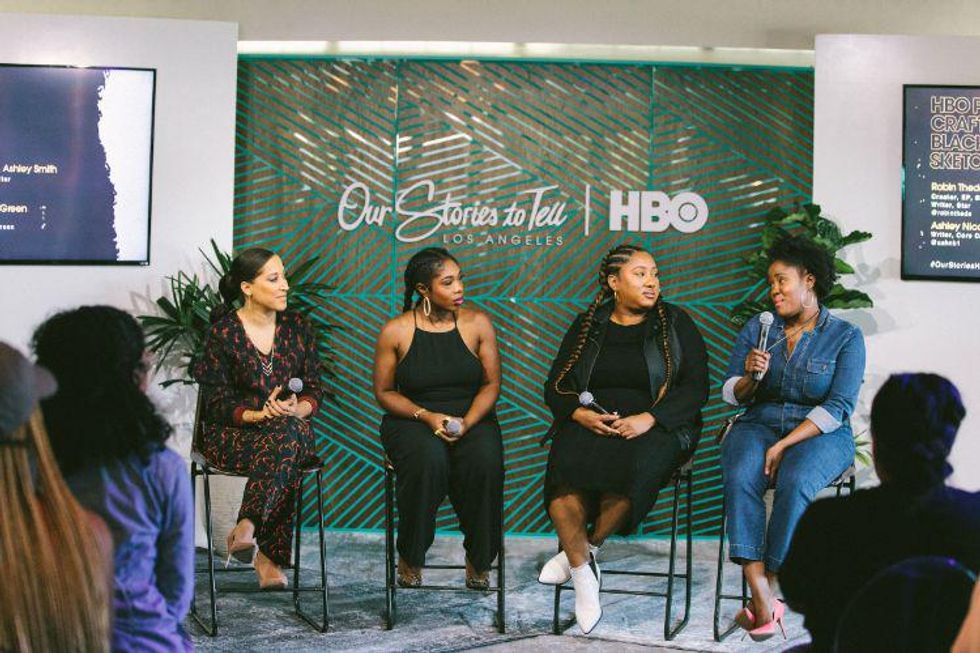
But how did they land such huge names on this experimental new series? Simply put, Black women don't often get asked to play funny characters and they all jumped at the chance.
"We get put in these different boxes," Smith points out. "For them to be like, 'I truly have never had the opportunity to play a character in this realm...' That was just so exciting to watch their eyes light up. They're so talented, but I think that the more successful you get in your career, you get pigeonholed even more, like this is the thing you do. But they can do a thousand things."
Underscoring the point, Thede points out that icon and Moesha sitcom star Sheryl Lee Ralph had never cursed on TV before her role on ABLSS. When approaching these legends, she pitched the show as a hilarious new opportunity. "Black women don't get asked to host SNL, so we're bringing you on as our featured player. We want you to come have that spotlight with us on HBO."
The effect is surreal to watch on screen. "One of the best moments for me was in between takes of Bad Bitch Support Group," says Smith. "We were reframing and I saw Angela Bassett walking by, going over her lines. Angela Bassett is going over in her head how to say these dumb jokes we wrote for her to say. What is this world?"
Black recalls her scene with Patti LaBelle. "So many dreams where fulfilled. I never in my life thought I was going to get to act with Patti LaBelle and sing in front of her. I don't think I could've dreamed that. My dreams are not that big."
They're just getting started on writing season two, but the funny women are dreaming big for future guest roles.
"Kerry Washington," nominates Black.
Brunson wants the "OG weird black girl," Wanda Sykes, who yelled at them for not having her on season one despite her own scheduling conflict that prevented it. "She needs to be on this show. It's crazy that we had the first season without her."
Thede knows exactly who she wants. "Beyoncé," she says without hestitation. "And if not her, then Blue Ivy." And she's not just putting it out into the universe. Thede says, "Oh, I'm putting it out to her people."
Beyoncé, if you're reading this, come run the comedy world with these girls.
Watch A Black Lady Sketch Show's groundbreaking first season on HBO.
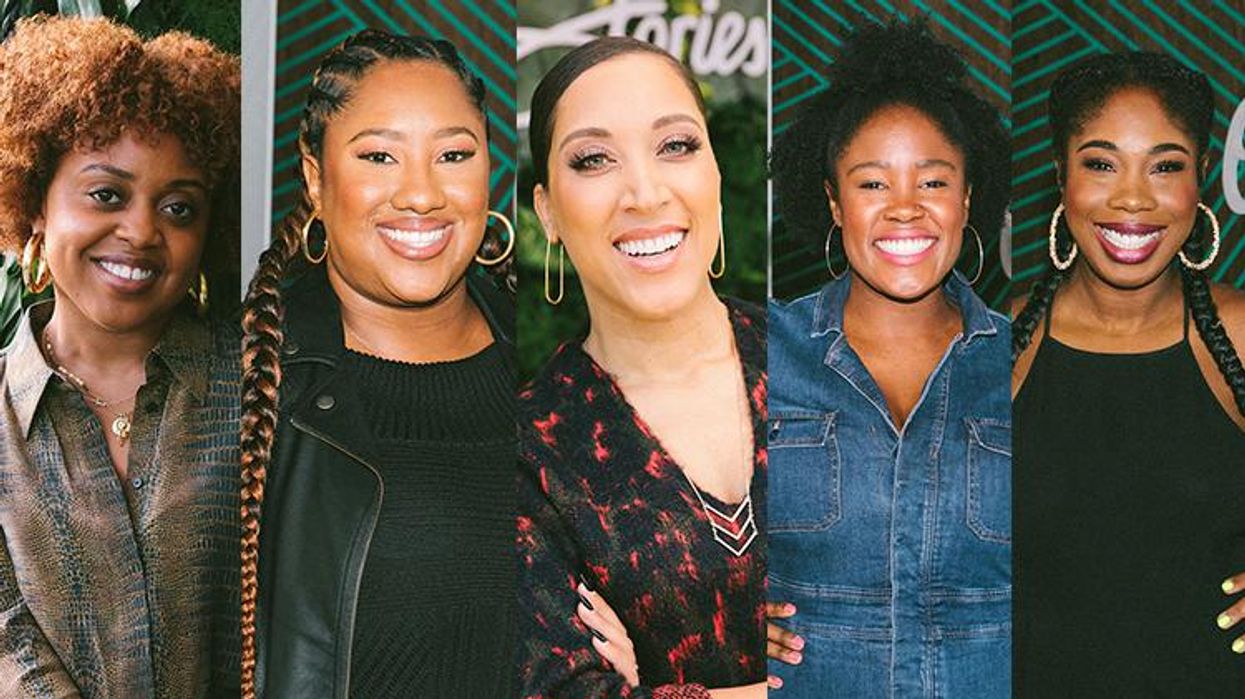

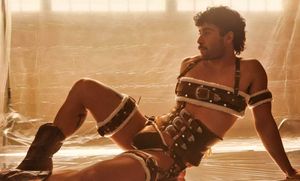

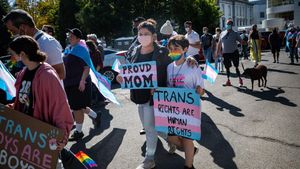

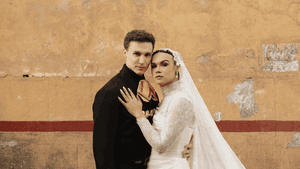
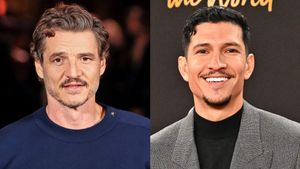
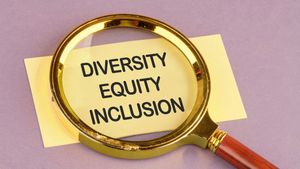




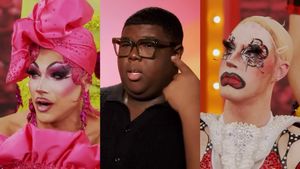
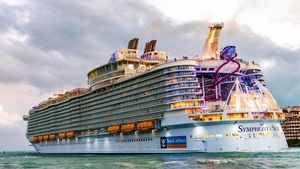


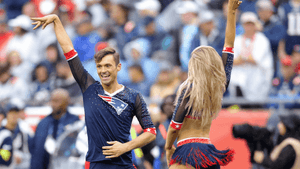

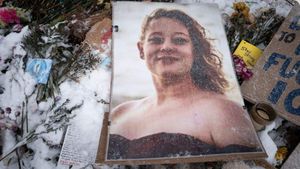



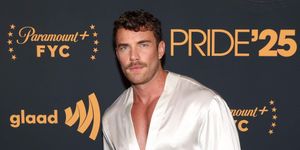
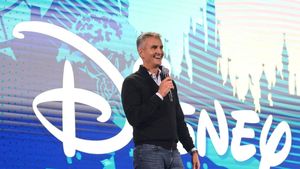



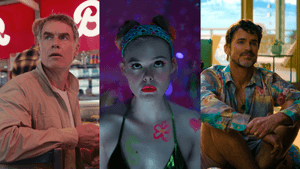

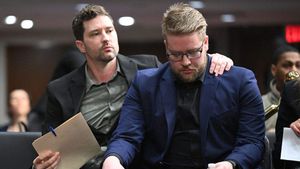


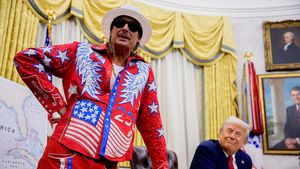



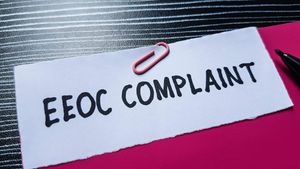





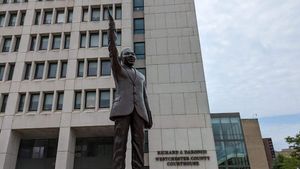
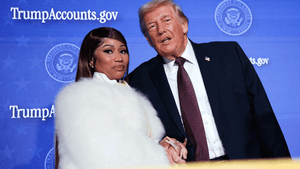
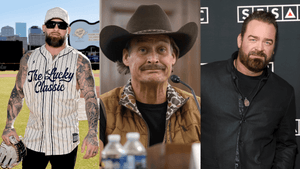

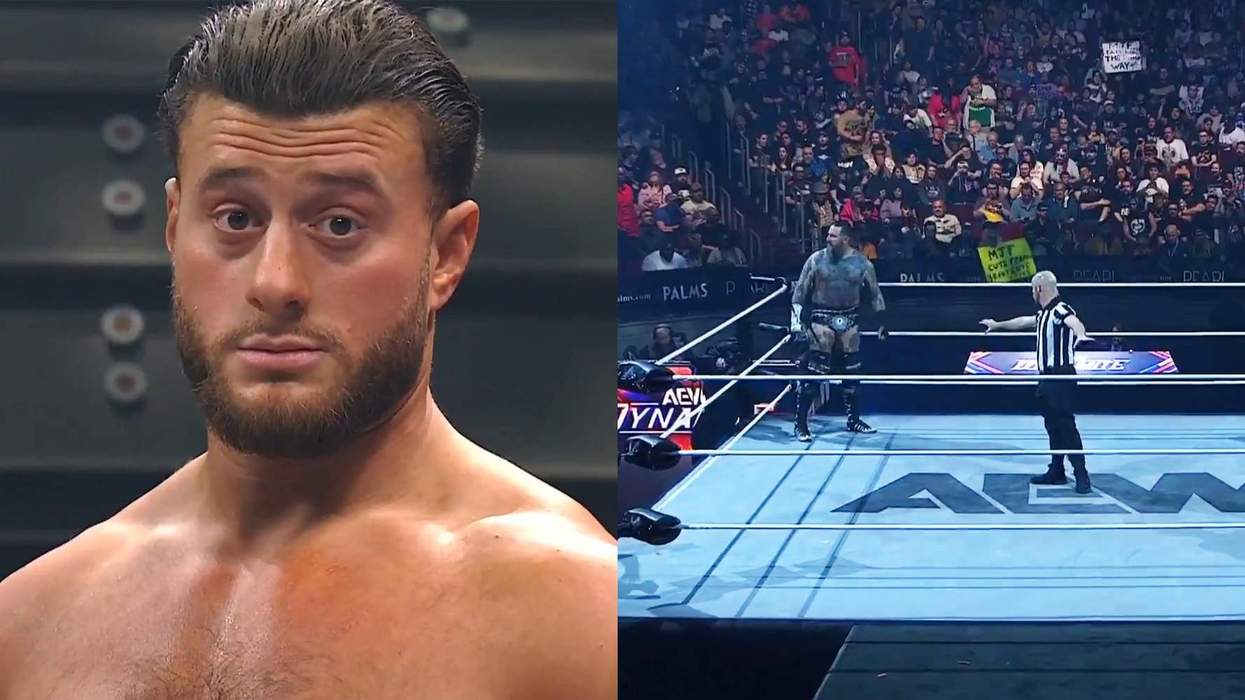
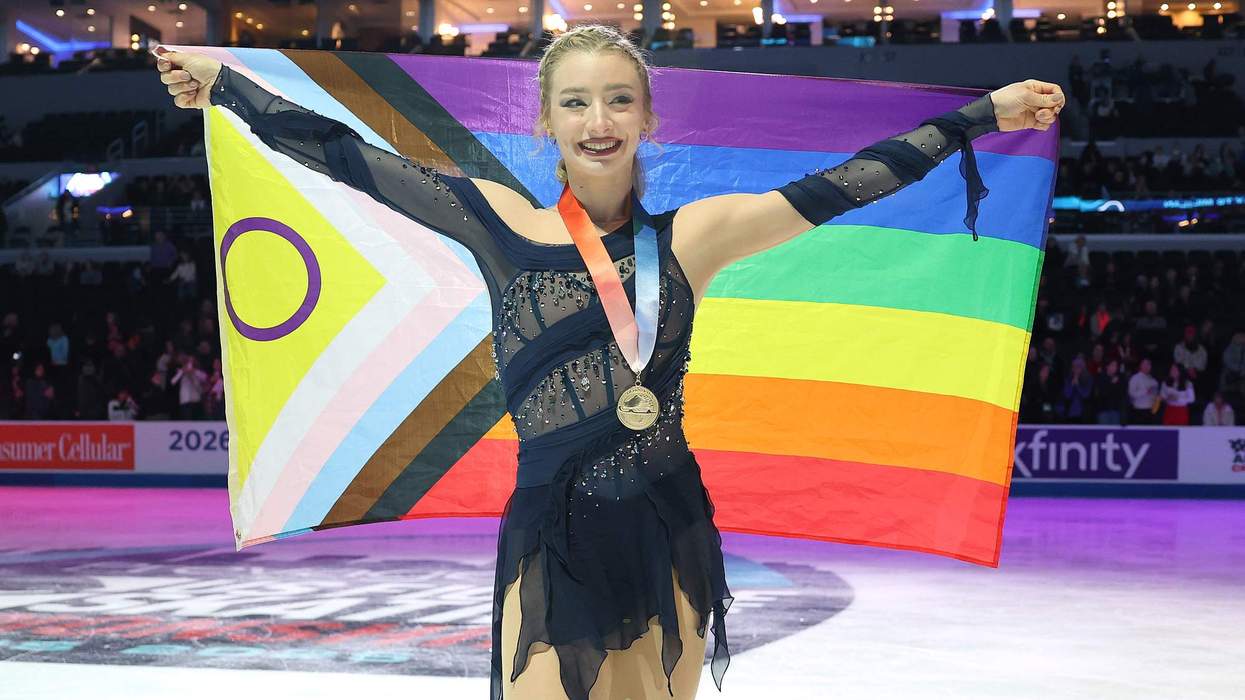
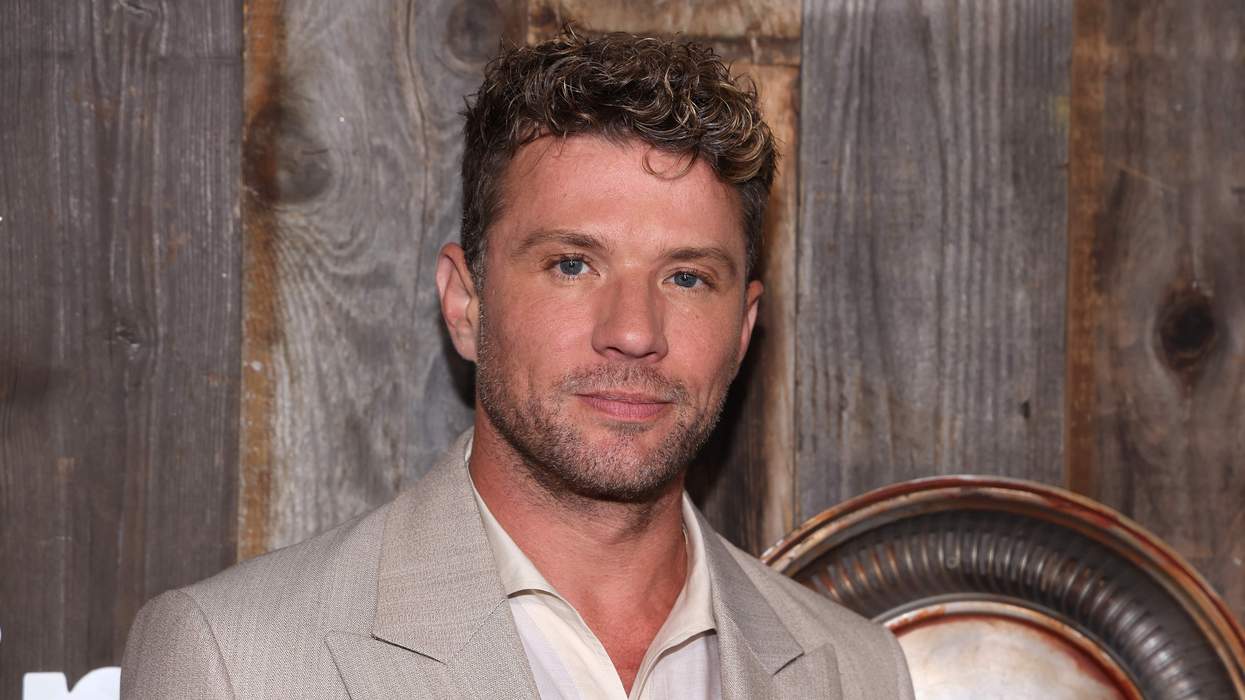

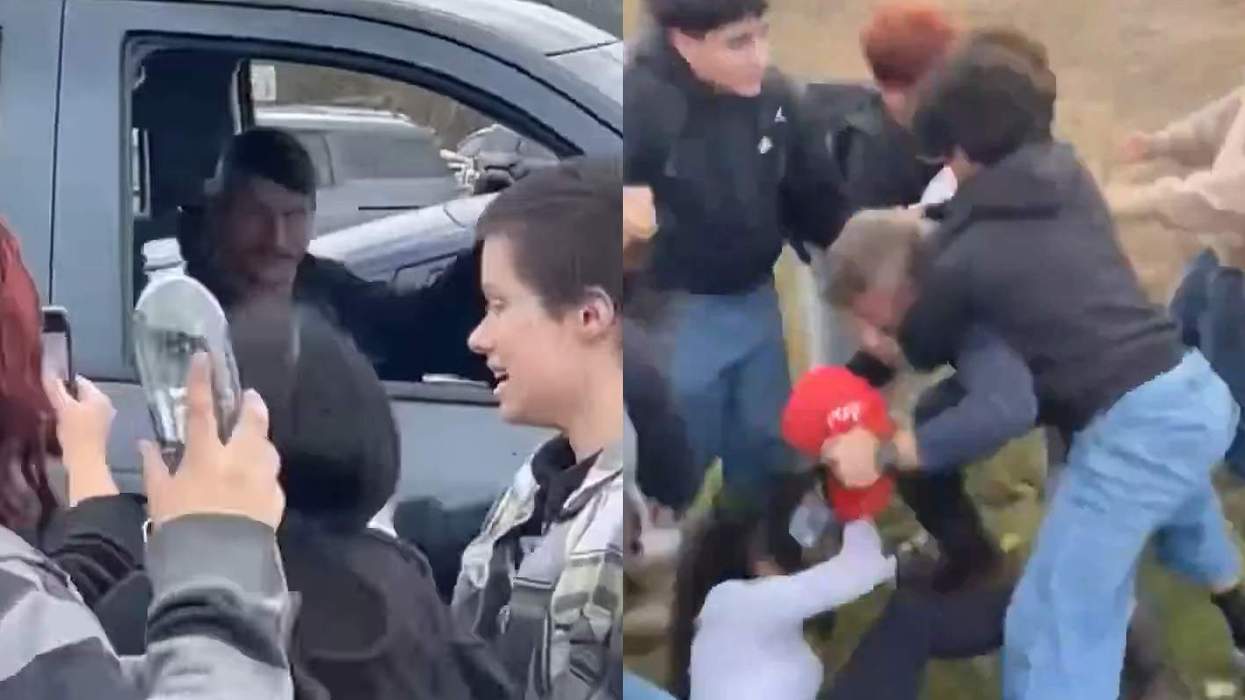
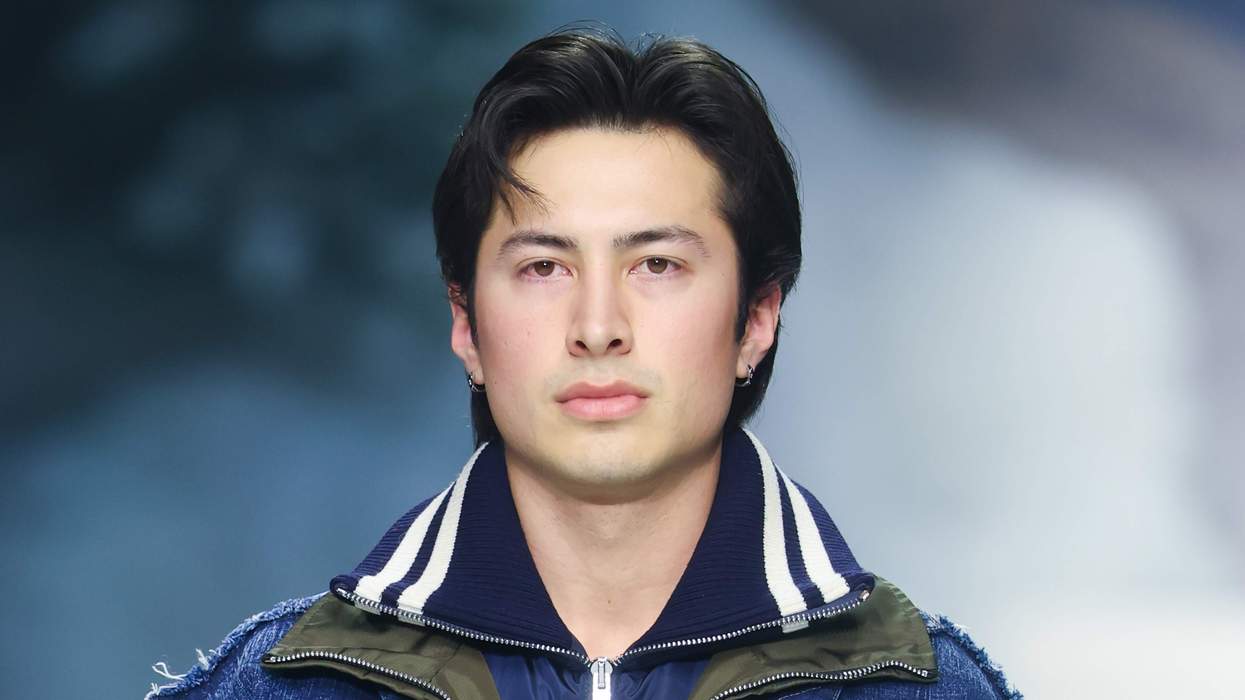

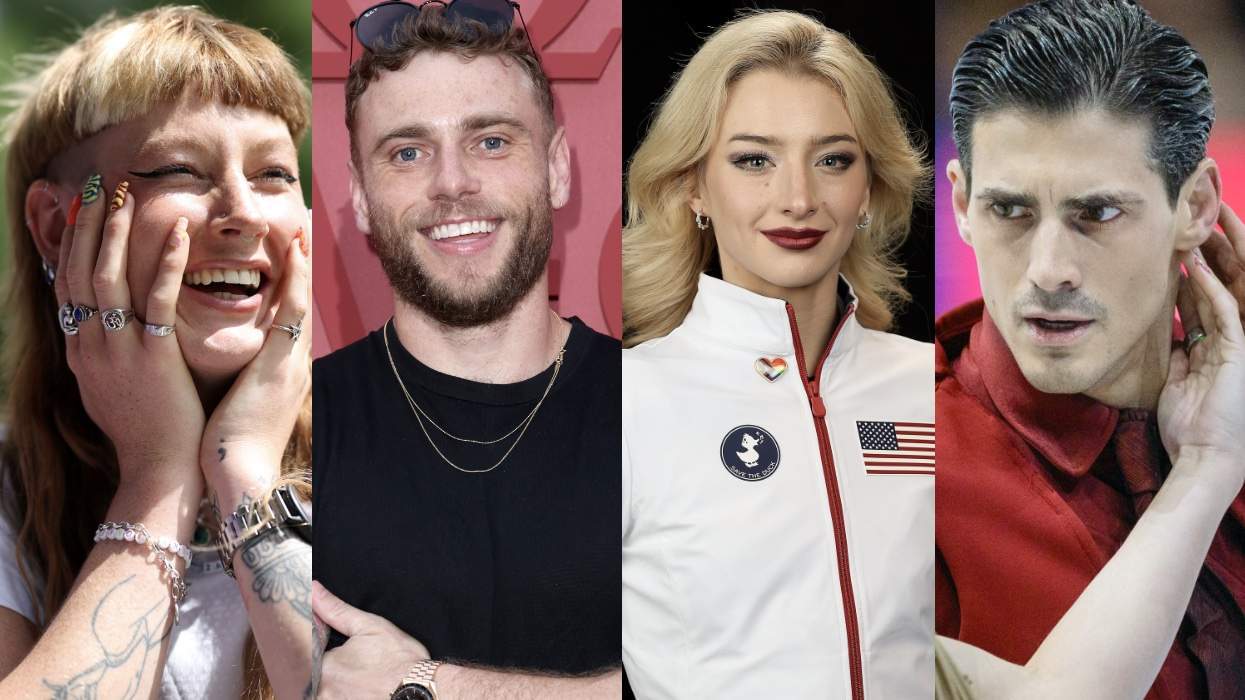
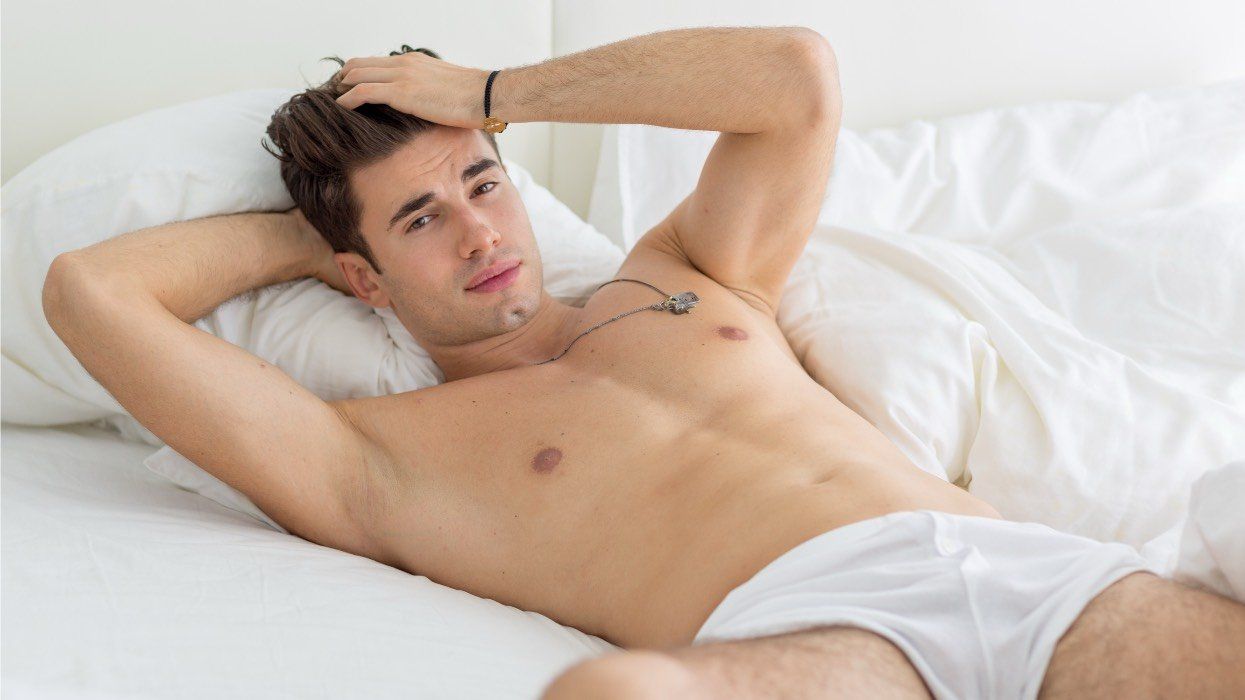
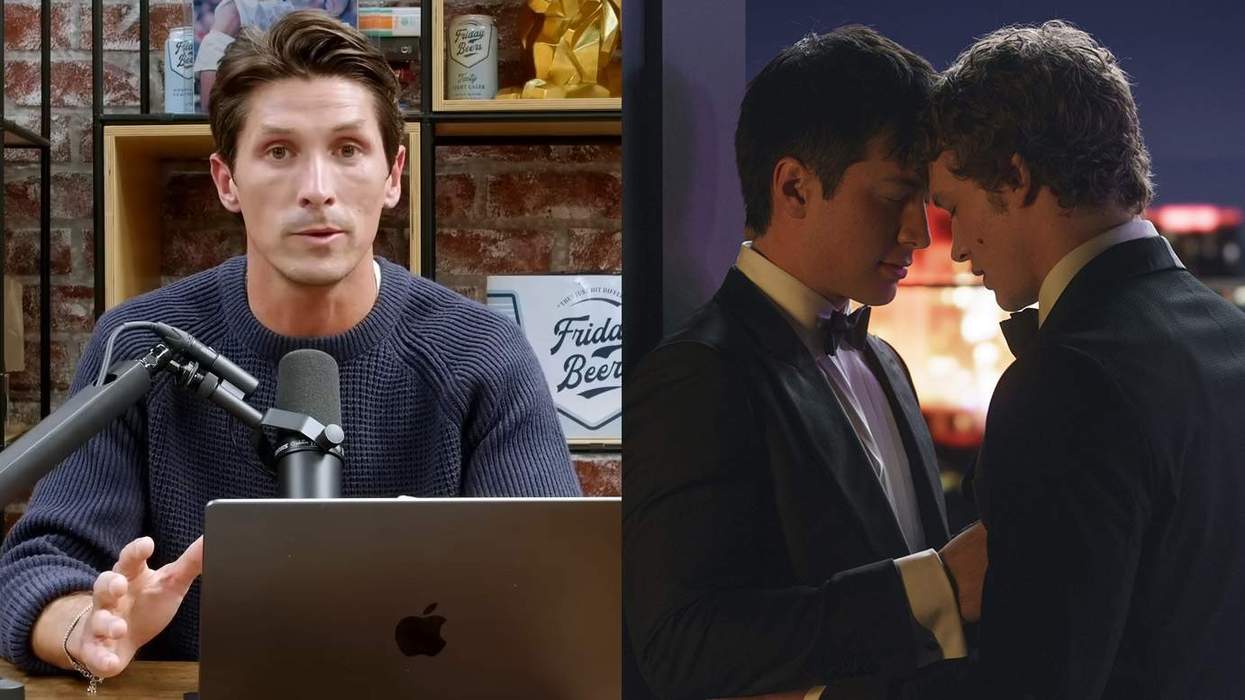
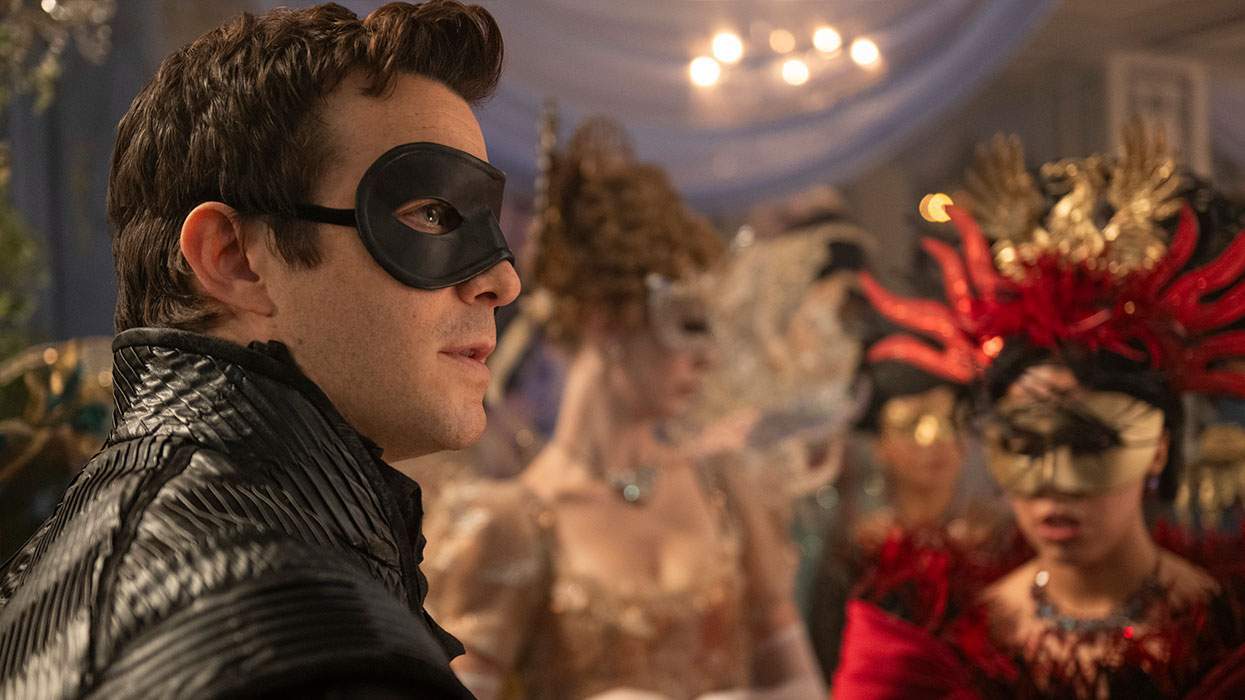

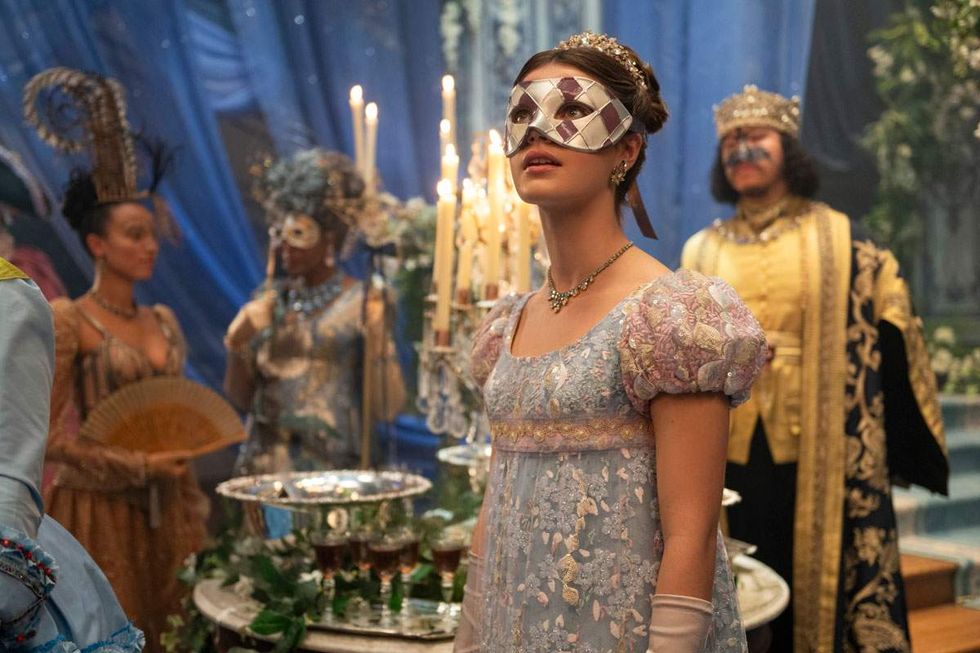 Hannah Dodd as Francesca BridgertonCourtesy Netflix
Hannah Dodd as Francesca BridgertonCourtesy Netflix
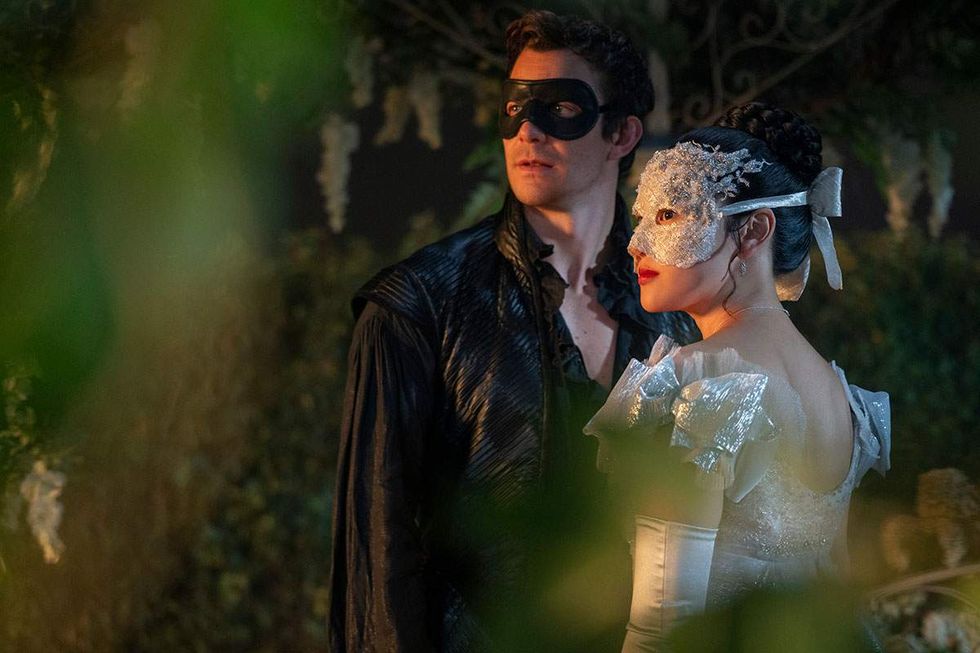 Benedict (Luke Thompson) and Sophie (Yerin Ha) in Bridgerton season 4.Courtesy Netflix
Benedict (Luke Thompson) and Sophie (Yerin Ha) in Bridgerton season 4.Courtesy Netflix
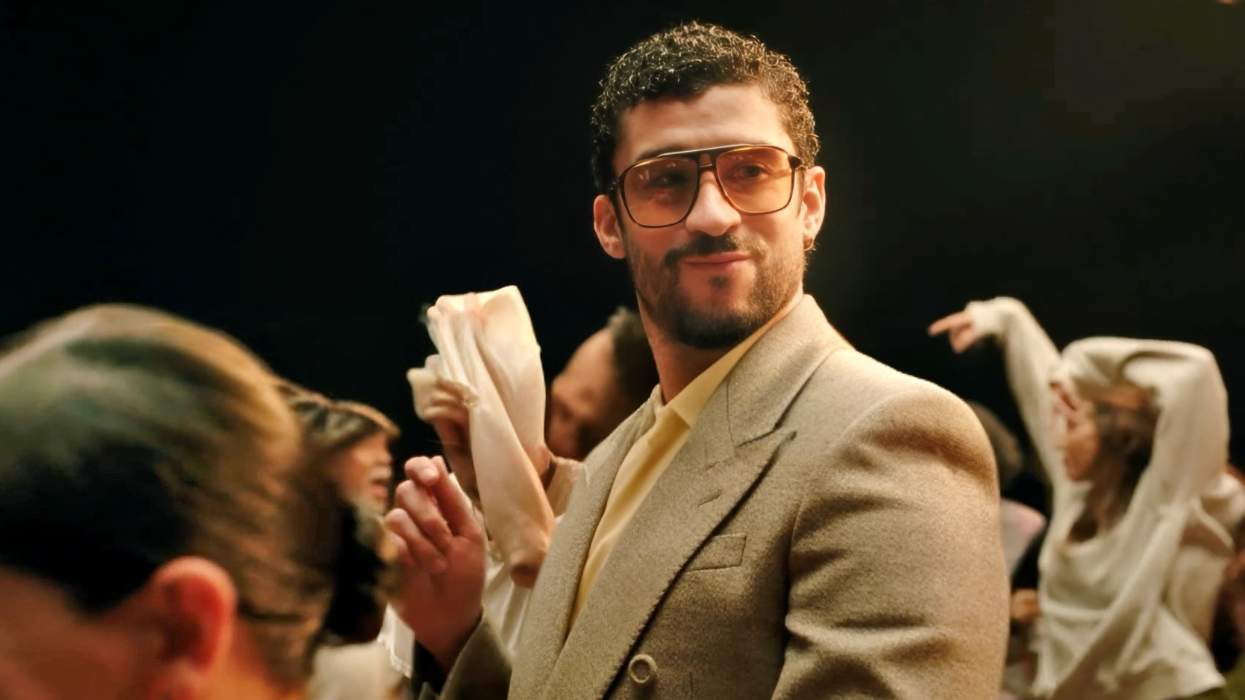
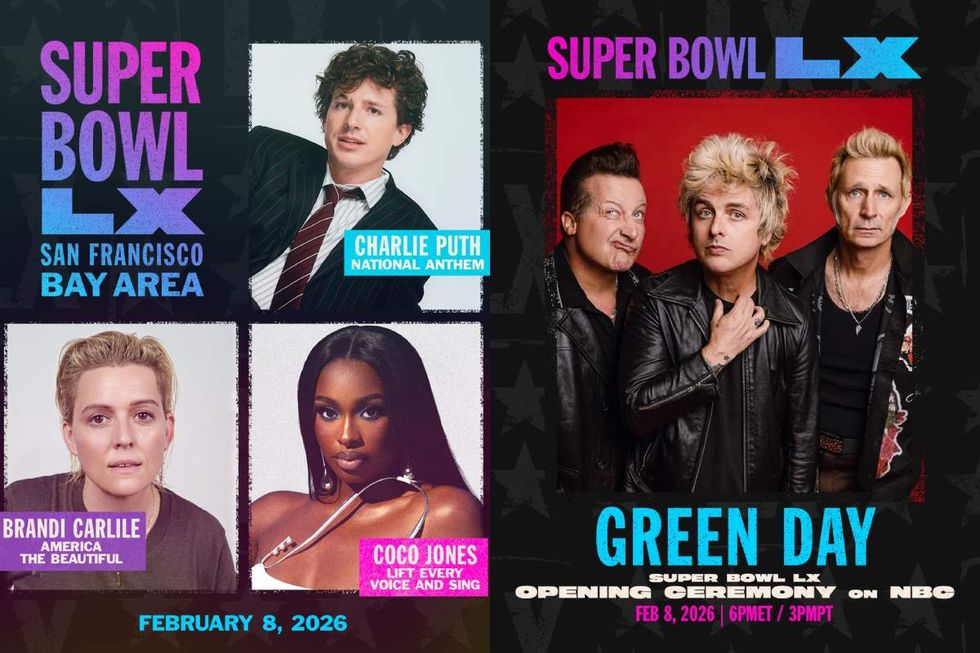 Charlie Puth, Brandi Carlile, Coco Jones, and Green Day announced as performers for the 2026 Super Bowl.
Charlie Puth, Brandi Carlile, Coco Jones, and Green Day announced as performers for the 2026 Super Bowl.